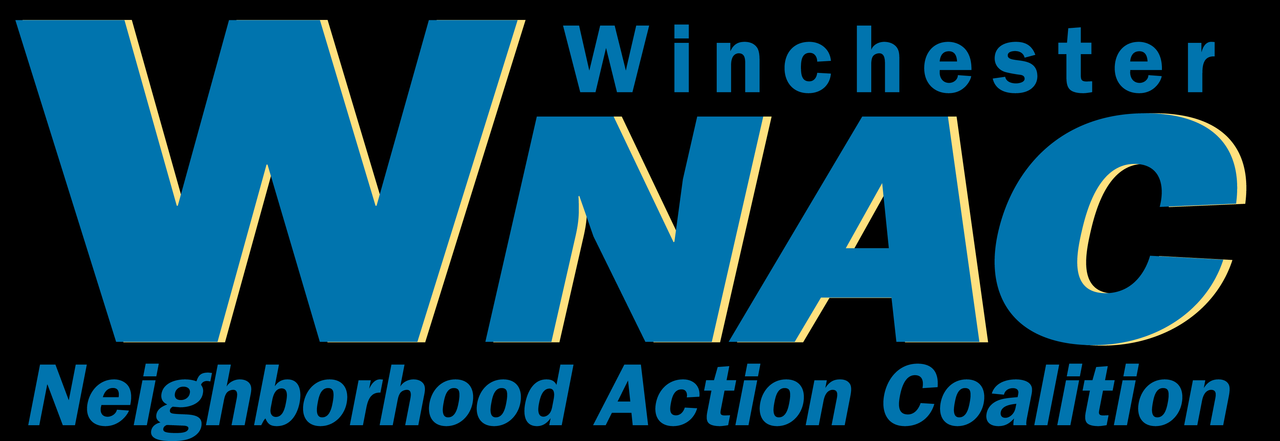As a follow-on to the last WNAC meeting, Christina Pressman from Chappie Jones office compiled the attached summary of ADU regulations as they apply to the Winchester Neighborhood.
- City Council will not hear the ADU amendment in June, it will be after July recess, I am not sure when.
- there was a question last night I would like to address: whether Winchester would count as w/in 1/2 mile of “transit,” and would thus qualify homes w/in 1/2 mile of Winchester for decreased parking requirements for ADUs. Basically, the City can define what “transit” means. For example, within Oakland, transit is defined as within 1/2 mile of BART stops, not bus stops. So, until Council updates the current SJ zoning code for ADUs I do not want to say whether Winchester would count, it all depends on how it will be defined and whether that parking exception regarding homes near transit will be included in the City Council amendments.
See attachments of relevant San Jose codes:
SB1069 press release as it passed out of committee:
Andrae G. Macapinlac
Office of State Senator Bob Wieckowski, District 10
39510 Paseo Padre Pkwy, st 280
Fremont, CA 94538
510-794-3900
http://sen.ca.gov/wieckowski
Andrae.Macapinlac@Sen.Ca.Gov
Wieckowski accessory dwelling units bill passes
Assembly Housing & Community Development Committee
SB 1069 eliminate barriers that discourage constructing more
affordable, accessory units in California
Sacramento ¬- State Senator Bob Wieckowski’s (D – Fremont) bill to eliminate unnecessary restrictions and unfair fees on building accessory dwelling units in California, passed out of the Assembly Housing & Community Development Committee this morning with bipartisan support. The bill, which has strong support from affordable housing advocates, businesses and environmental organizations, now heads to the Assembly Local Government Committee.
“We are facing an affordable housing crisis and accessory units are a part of the solution,” said Wieckowski, a member of the Senate’s Transportation and Housing Committee. “They are affordable by design, can be constructed fairly quickly and do not require a public subsidy. By making better use of our existing underutilized homes, we can provide local students, teachers and our seniors with the opportunity to live, work and stay in the communities they love.”
SB 1069 eliminates barriers to accessory developments that have severely limited their construction. It eliminates duplicative utility fees; prohibits sprinkler requirements, if they are not required in the primary residence; provides exceptions to parking restrictions when the home is located within a half mile of transit; streamlines the time to approve or deny a building permit application from 120 days to 90 days; and requires ministerial approval for the remodeling of existing homes when they are compliant with building and safety codes.
Governor Brown signaled his support of the bill in the May Revise as a means to speed up local approval of affordable housing.
The Terner Center for Housing Innovation, based at the University of California, Berkeley, supports the bill and says it creates a net fiscal benefit from increased local economic activity, creates jobs and allows aging baby boomers to “age-in-place.” In the East Bay of the San Francisco Bay Area alone, SB 1069 could lead to more than 14,000 jobs, according to the Terner Center.
It cites as “inherently unreasonable” the levying of new utility fees, and requiring sprinkler installations. These two steps can add $10,000 to $75,000 in increased cost to homeowners looking to build an accessory unit. SB 1069 would eliminate these excessive fees and requirements.
Christina Clem, an associate state director with AARP, spoke in favor of the bill on behalf of the organization’s 3.3 million members in California.
“Many older adults find themselves living in a home that is larger than they need or are able to maintain,” said Clem, noting that 90 percent of people 50 and older want to stay in their homes and communities as they age. “They may need additional revenue to pay for health care services, cover maintenance costs or make mortgage payments. ADUs can help older homeowners stay independent while providing extra income to remain in their homes.”
SB 1069 is supported by a large, diverse coalition, including the Bay Area Council, the California Chamber of Commerce, the California School Employees Association, Joint Venture Silicon Valley Network, the Housing Trust of Silicon Valley, the Greenbelt Alliance, the National Resources Defense Council, the City of Oakland and Los Angeles Mayor Eric Garcetti.
Senator Wieckowski represents the 10th District, which includes southern Alameda County and northeast Santa Clara County.
